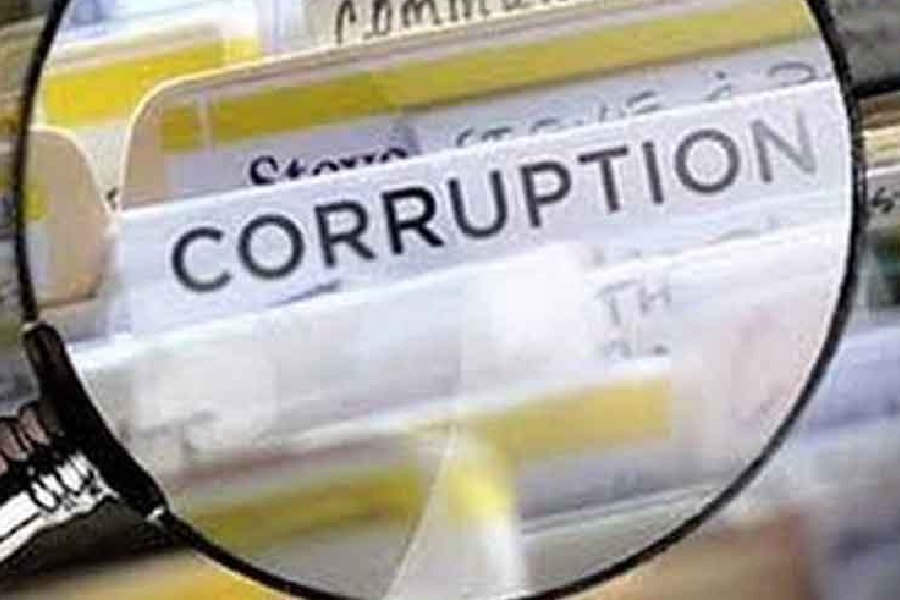According to a report by Transparency International last week, India has ranked 96 out of 180 countries in the Corruption Perceptions Index for 2024. In 2022, India was ranked 85 on the CPI with a corruption score of 40: the corresponding figure in 2024 is 38. Unsurprisingly, Transparency International found that nearly 40% of Indians who have used public service claimed to have paid bribes last year. The embedded nature of corruption in India is ironic given the shrill political rhetoric against the contagion. The prime minister has been vocal about the need to tackle corruption. In fact, the republic has also witnessed regime change on account of the spectre of corruption: the Congress-led United Progressive Alliance government had been unseated amid mounting charges of scams. What, then, explains India’s consistently poor performance on the CPI? In recent years, there have been allegations that under Narendra Modi’s watch, the battle against corruption has become uneven. Leaders of the Bharatiya Janata Party, the Opposition alleges, seldom face scrutiny on charges of corruption. The preferred target of Central investigative agencies appears to be Opposition leaders. Could this weaponisation of corruption for political gain have rendered the aam aadmi indifferent towards moral turpitude of this kind? As it is, the political arena is smeared by graft. Little wonder then that a study by the Pew Research Center had found that 64% of Indians think that politicians, by default, are a corrupt lot.
Worryingly, corruption is not only getting embedded globally: it is also evolving. More than two-thirds of countries, the CPI 2024 says, face serious threats of corruption. Climate action is being undermined by this menace even as global justice systems are being weakened from within. A case in point is the recent executive order signed by the president of the United States of America, Donald Trump, that paused the Foreign Corrupt Practices Act, which seeks to prevent American entities from bribing foreign officials to benefit their business interests. While the order can still be overturned, efforts by the head of one of the most influential countries to circumvent — erode — laws against corruption could be an indication that people in large swathes of the world no longer find corruption to be a serious offence. Corruption can be tackled by institutional checks and balances. But the energy that propels institutions to act against corruption is drawn from the public will to slay this ogre. That will, unfortunately, seems to have been enfeebled around the world.











